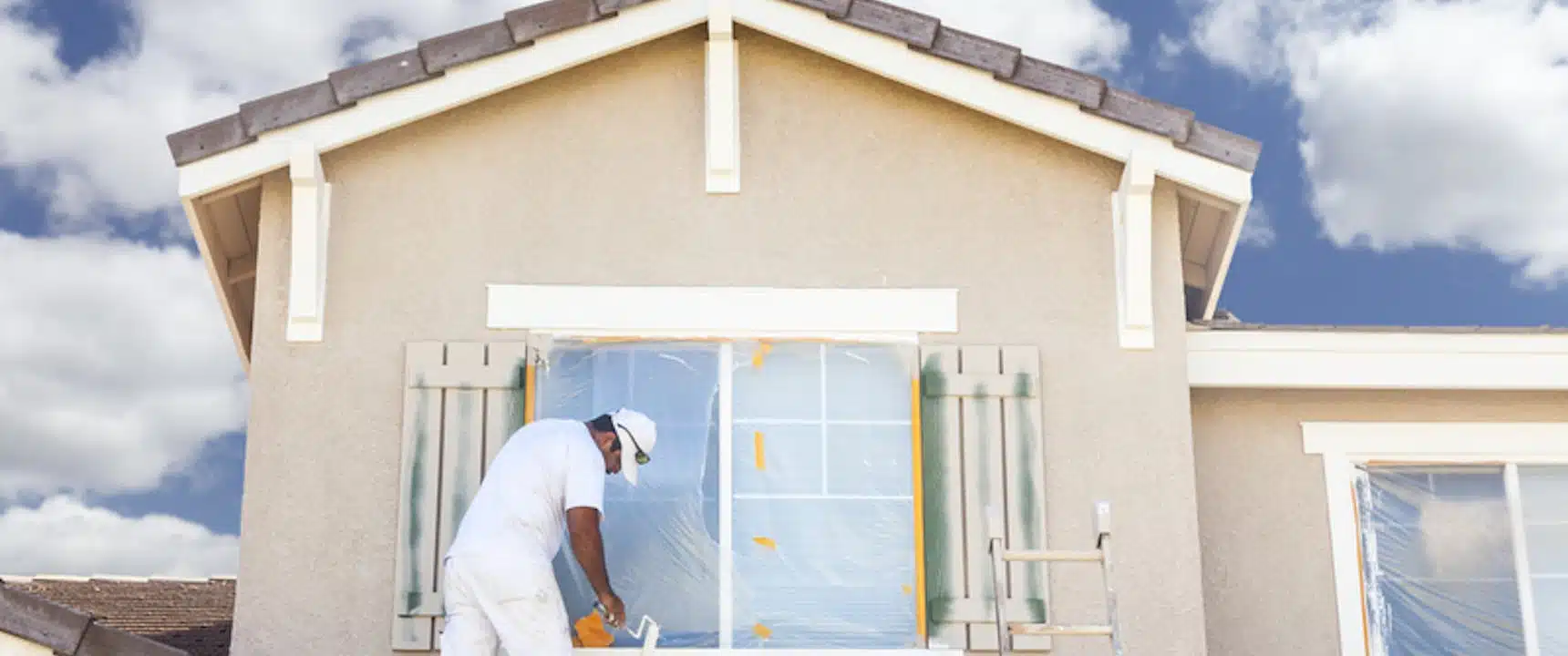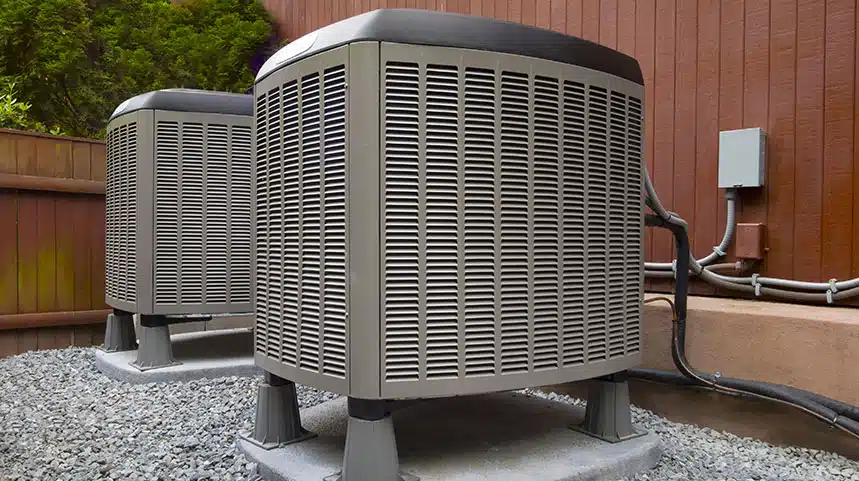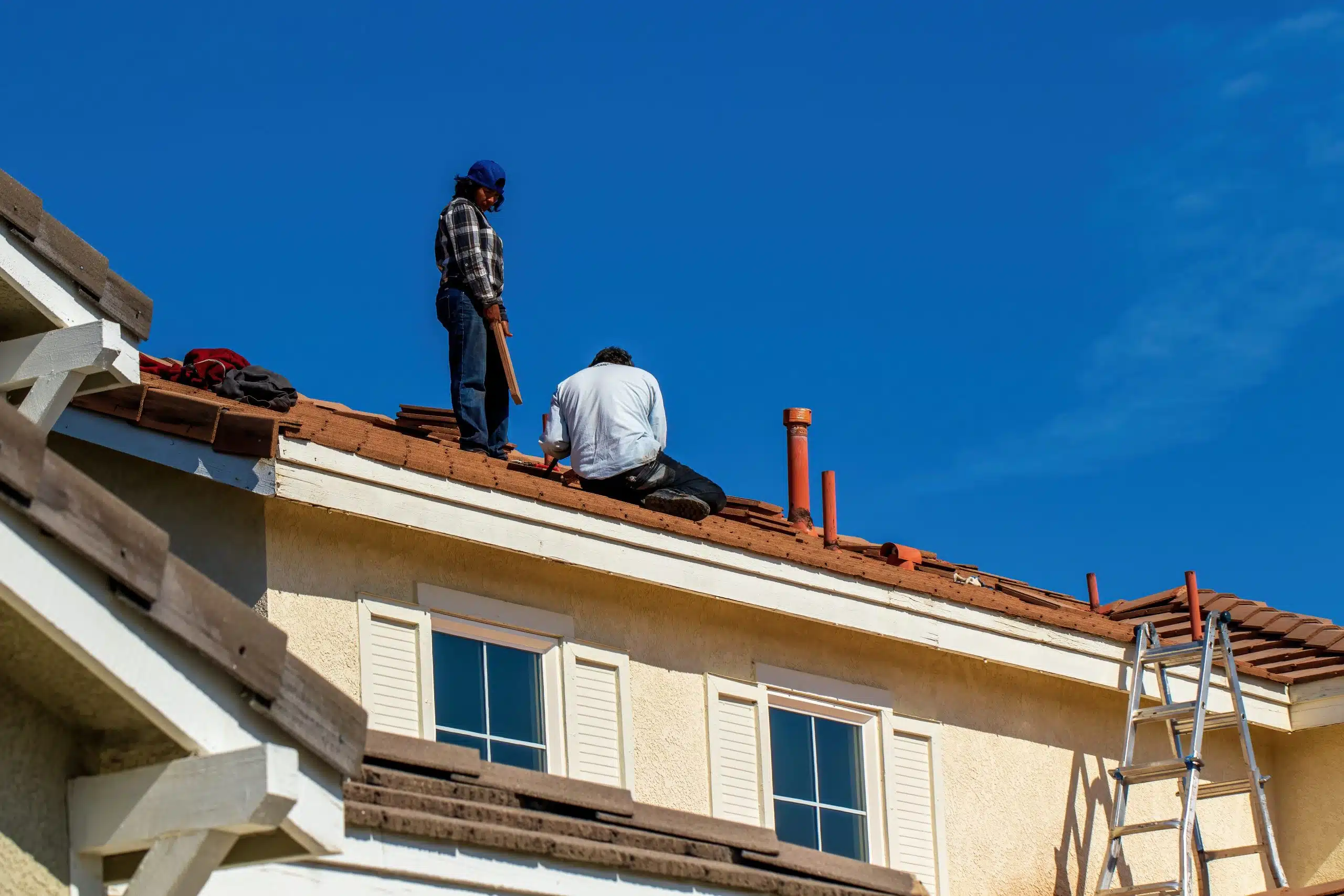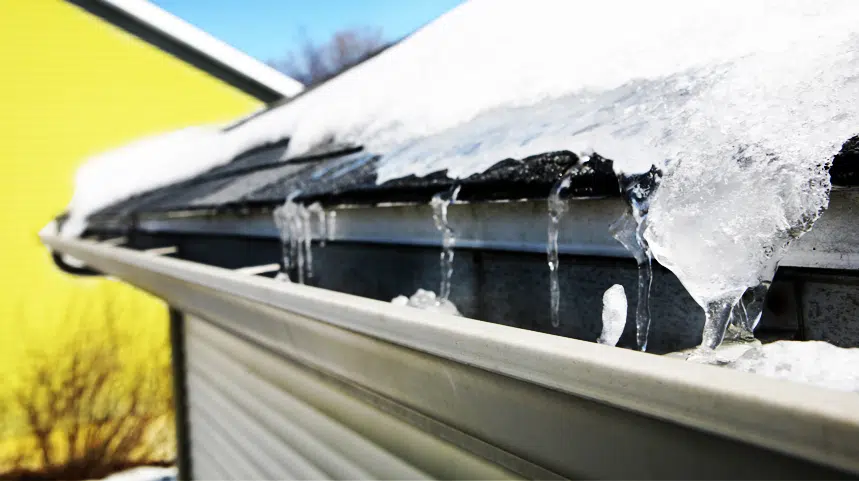
Whether painting your home due to the wearing of paint or your home just needs a fresher look, there are …

The concept of shading an air conditioning unit—specifically the air compressor—is a widely circulated myth largely based on a misconception of the science involved and the way an air conditioning unit operates.
In theory, cooling down the air proximate to an air conditioning unit should give the machine a bump in efficiency because the compressor shouldn’t have to work as hard to dump heat. One of the fundamental elements of the compressor is called the condensing coil, which is used to disperse the heat picked up inside a home to the outside air. The hotter the air is around the air conditioning unit, the harder it is for the compressor to disperse the heat. So cooling the air around it should help the condensing coil operate more efficiently—in theory.
But in practice, it doesn’t. Why? Because achieving the conditions necessary to create that increase in efficiency are virtually impossible to achieve. The units simply move too much air, too fast, for fences, shades or other coverings to cool enough air. The amount of shading involved to cool the air around a typical household air conditioning unit would have to be enormous.
In fact, if the shading zone isn’t big enough or the shading elements (shades, fences, trellises, bushes, etc.) are too close to the air conditioning unit, this tactic can backfire and create an increase in the unit’s energy use. It would be a real bummer to spend time and money constructing a complicated and potentially expensive shading system for your compressor only to find that your energy bill has gone up at the end of the month.
It’s perfectly understandable why this would be a common misconception. In years past, the Environmental Protection Agency used to recommend shading to improve the efficiency of air conditioning units. You can still find articles on the agency’s website recommending the use of trees and vegetation to reduce heat islands, not to mention essays in praise of shading.
But a recent study by The Florida Solar Energy Center reveals the myth of shading the compressor to be false.
…Our measurements did not allow us to conclusively determine that AC condenser shading, when limited to the immediate area surrounding the condenser unit, provides statistically consistent reductions to cooling energy use. We believe the mixed results reflect the limited potential of the measure. Our experience also illustrates the potential hazards of localized condenser shading, underscored by the poor results achieved in these experiments even through careful planning.
In short, the study concludes that the potential savings that could be achieved by shading a compressor are marginal at best.
Planting trees and shrubs close by a condenser may actually reduce system efficiency due to impedance of effective air movement. We conclude that any savings produced by localized AC condenser shading are quite modest (<3%) and that the risk of interrupting airflow to the condenser may outweigh shading considerations. The preferred strategy may be a long-term one: locating AC condensers in an unobstructed location on the shaded north side of buildings and depending on extensive site and neighborhood level landscaping to lower localized air temperature.
If you’re serious about seeking out a boost in the efficiency of your air conditioning unit, there are better tactics to try than shading.
First, you can consider upgrading your air conditioner. Technology has vastly improved in the past four decades, yet many homeowners are still operating with the same 1970s-era air conditioners their homes came with originally. Today’s energy-efficient air conditioning units use 30% to 50% less energy to produce the same amount of cooling as older models. Even if your air conditioning unit is relatively new, you can save as much as 40% on your energy bill by replacing your old unit with a newer model.
As a side note, it’s also critical that your air conditioning unit be installed properly, as inappropriate installation can cause huge drains on its efficiency. You’ll want to ensure that your contractor or HVAC professional installs the condensing unit in an area where no nearby objects, such as bushes or walls, blow airflow to it. It’s also logical to locate the condensing unit where its noise will not disturb you or your neighbors.
Another way you can improve your home’s environment is by shading your home, and not the condensing unit. A home with shading from mature trees offers better energy efficiency in hot climates than a treeless one.
To get a better sense of your home’s overall energy use, you can perform an energy audit. Certified auditors can assess, for a moderate charge, your home’s heating and cooling systems, ductwork and insulation, and offer suggestions to improve its energy efficiency. At the time of publication, you can also find resources and services regarding energy audits at the Department of Energy’s website.
There are also a couple of supplementary solutions you can employ to make your air conditioning unit more efficient. In order to cool down a home, an air conditioning unit must not only lower the air temperature, but also the indoor humidity level. A technology known as a dehumidifying heat pipe uses a refrigerant inside the pipe to pre-cool the supply air by absorbing the heat from it. Most models of heat pumps and central air conditioning units can be retrofitted with dehumidifying heat pipes.
The second technology you might consider for augmenting the cost of your home energy is solar power. Prices have steadily been dropping for rooftop solar and there are still lots of local, state, and federal incentives available to homeowners. This can help defray the cost of an upgraded air conditioning unit or other home improvements.
Lastly, there’s another urban legend to help cool your air conditioning unit, but it can wreak havoc on your HVAC system over the long term. Many people think that spraying the compressor’s heat sink with water helps cool it down. This is true, but with a caveat. When using regular tap water (as opposed to prohibitively expensive distilled water), dissolved minerals precipitate out of the water evaporating over the air conditioning unit’s coil. This is called scale, and it’s incredibly hard to get rid of. That means that spraying the compressor with water often will eventually decrease the efficiency of the unit.

Whether painting your home due to the wearing of paint or your home just needs a fresher look, there are …

Photo by David Brown Timing is a crucial factor to consider when contemplating the replacement of your roof. Choosing the …

In fact, one of the most popular commercial weed killers, Monsanto’s Roundup product, is based on a chemical called glyphosate, …

These infamous storms can combine torrential rains, strong storms, and fierce blizzards into one ferocious package that can knock New England out …

When it comes to home maintenance, it seems like carpeting, upholstery, floors, kitchens, and bathrooms get all the star attention. …

Many newer-modeled homes are beginning to insulate attics to decrease the heat and energy loss. Having an uninsulated attic can …